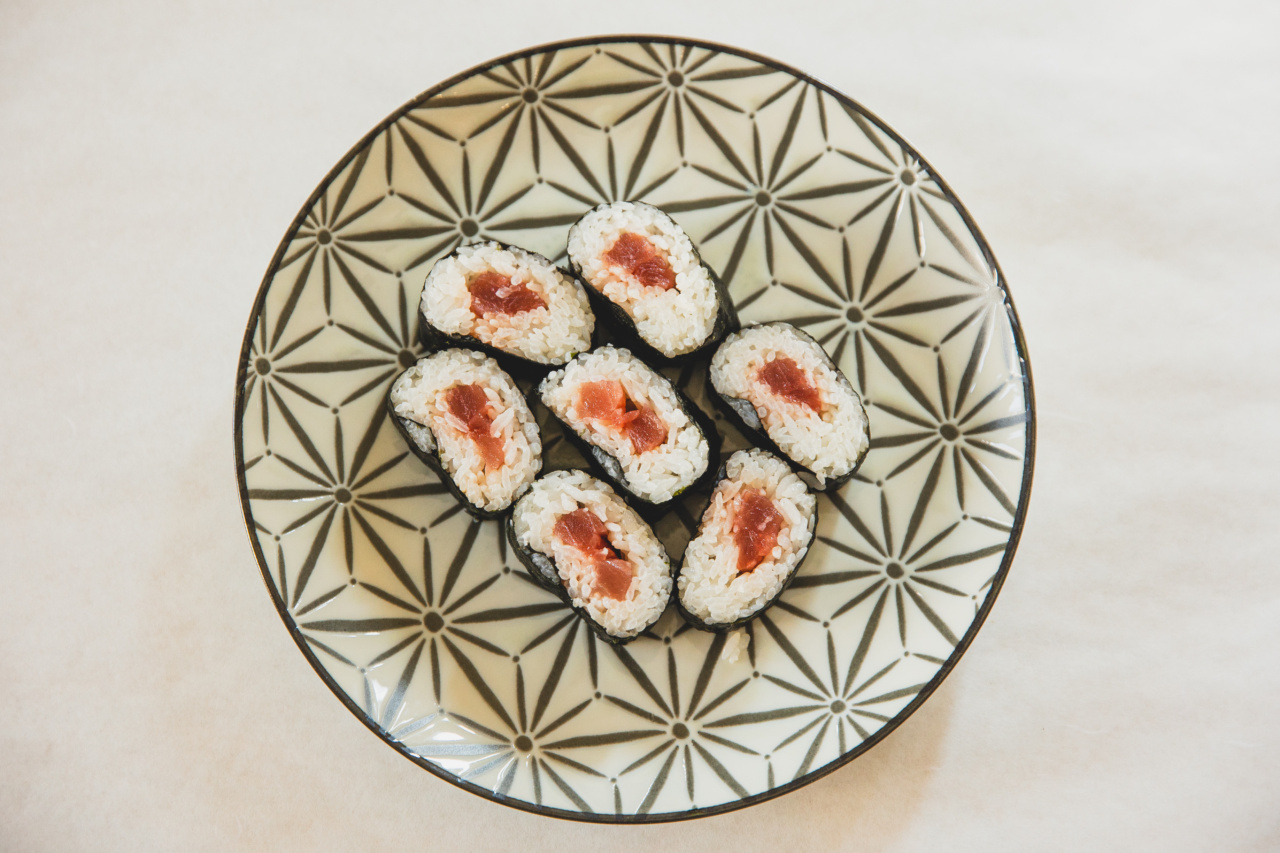France and Japan are famous for their delicious cuisine, but they also share another attribute that is often overlooked.
The French and Japanese have mastered the art of portion control, which has helped them maintain a healthy approach to food and a lower obesity rate than many other countries. In this article, we will explore the hidden truth about French and Japanese portion control and how it can benefit your dietary habits.
What is portion control?
Portion control is the process of managing the amount of food consumed in a meal. It is a significant factor in maintaining a healthy diet, as consuming too much food can lead to weight gain and other health issues.
By controlling the portion size of a meal, individuals can consume the number of calories that their body needs without overeating, leading to a balanced and healthy diet.
The French and Japanese Way
France and Japan have both enjoyed a long history of culinary excellence. Although their cuisines are different, they both emphasize the importance of quality ingredients and carefully crafted food portions.
The French approach to portion control is to savor each bite slowly while enjoying wine, which extends the meal and creates a sense of satisfaction. Japanese portion control is rooted in traditional culture, where meals are artfully presented and served in small dishes. They place an emphasis on the quality and variety of ingredients, which allows for a balanced and nutritious meal.
Why is portion control important?
Controlling portions during meals can have numerous benefits to our overall health. First, it can help us manage our weight by reducing the number of calories consumed.
Smaller portions provide a moderate amount of energy that our body can use and also prevent overeating, which can lead to future health problems. Nutritionists recommend small and frequent meals instead of three large ones, which will keep metabolism active and healthy.
Controlling portion size also has an impact on our digestive system. Eating large portions of food taxes our digestive system and can result in problems such as bloating, heartburn, and acid reflux.
Smaller portions require less energy to be broken down, thus allowing our digestive system to function more efficiently.
French portion control
The French are known for their love of food and wine, but they are also known for their portion control. French meals are served in small portions, with each course carefully crafted and designed to give the diner a range of flavors and textures.
French cuisine relies heavily on fresh, organic ingredients, and even the desserts are served in moderation.
One of the unique features of French portion control is savoring each bite. French meals are meant to be eaten slowly and enjoyed leisurely.
This allows the diner’s brain to receive signals from the stomach when it is full, preventing overeating and promoting moderate consumption.
Japanese portion control
Japanese cuisine is also a testament to the importance of portion control.
The Japanese tradition of serving food in small, artfully arranged dishes is attributed to the concept of “wabi-sabi,” which means finding beauty in the imperfect or incomplete. Japanese meals consist of small portions of rice, fish, vegetables, and soup, with each dish carefully selected to complement the others.
One of the unique features of Japanese portion control is the use of small plates, which creates an illusion of fullness without overeating.
The Japanese also practice “hara hachi bu,” which is a cultural practice of stopping eating when the stomach is about 80% full. This promotes mindful eating, preventing overindulgence and promoting moderation.
In conclusion
Portion control is an essential aspect of a healthy lifestyle, and the French and Japanese exemplify the art of portion control. Taking lessons from their approach to food and mealtime can help improve our dietary habits and support overall health.
Remember to savor each bite, use small plates, and enjoy food in moderation. It is the best way to achieve a healthy weight and maintain a healthy life.































